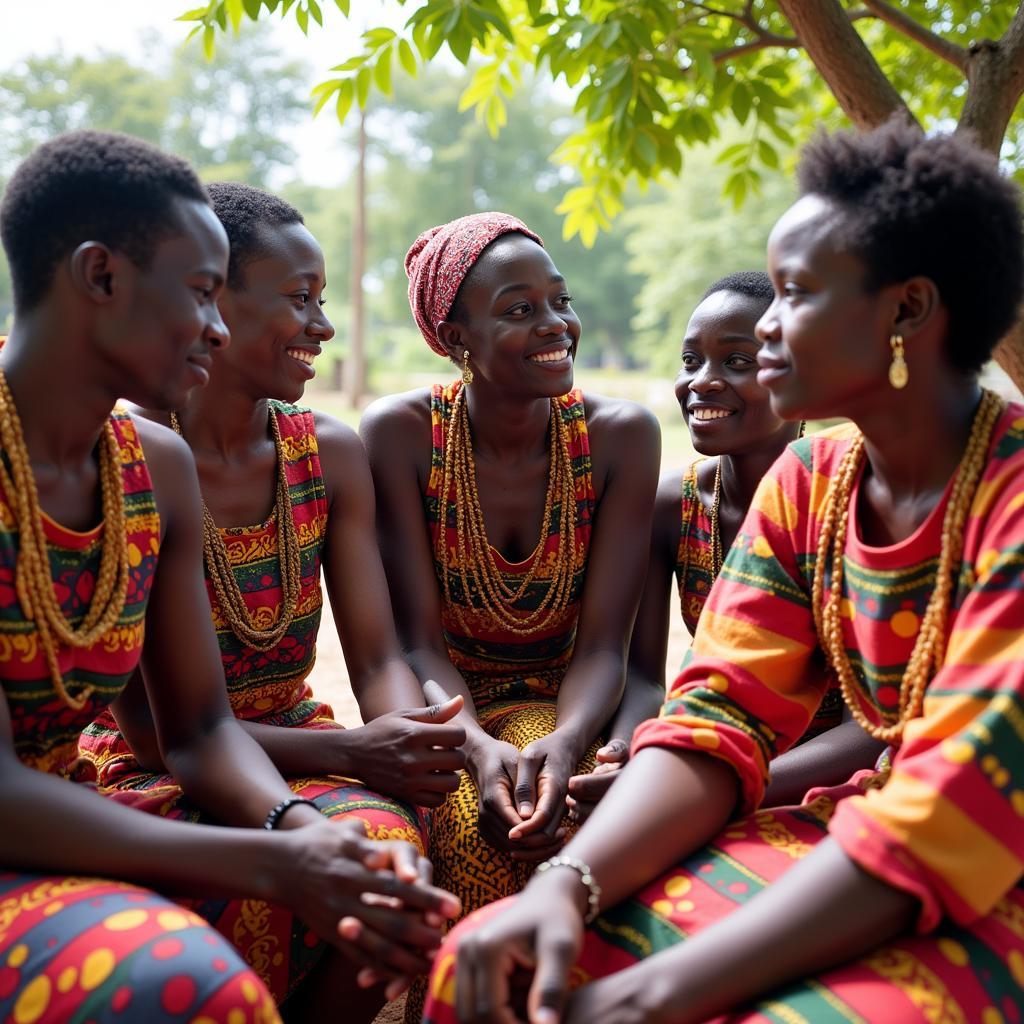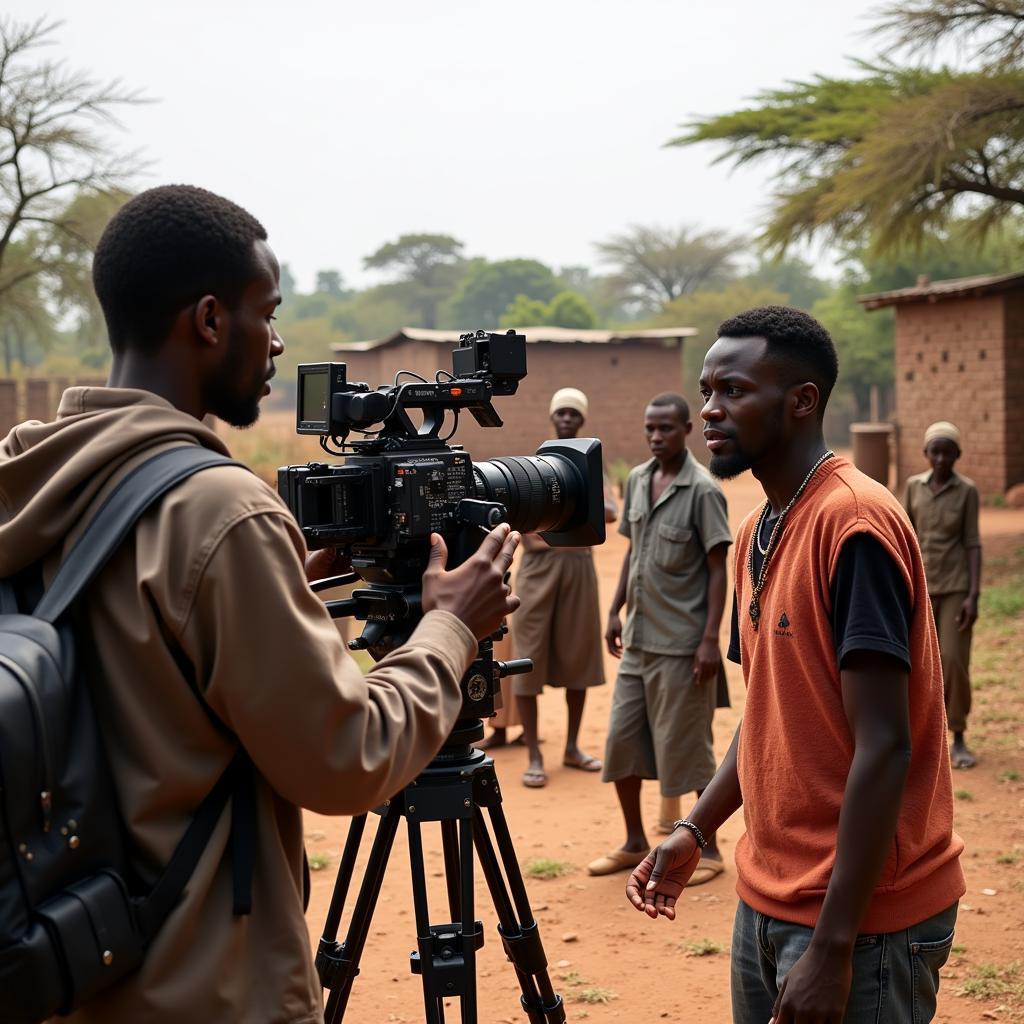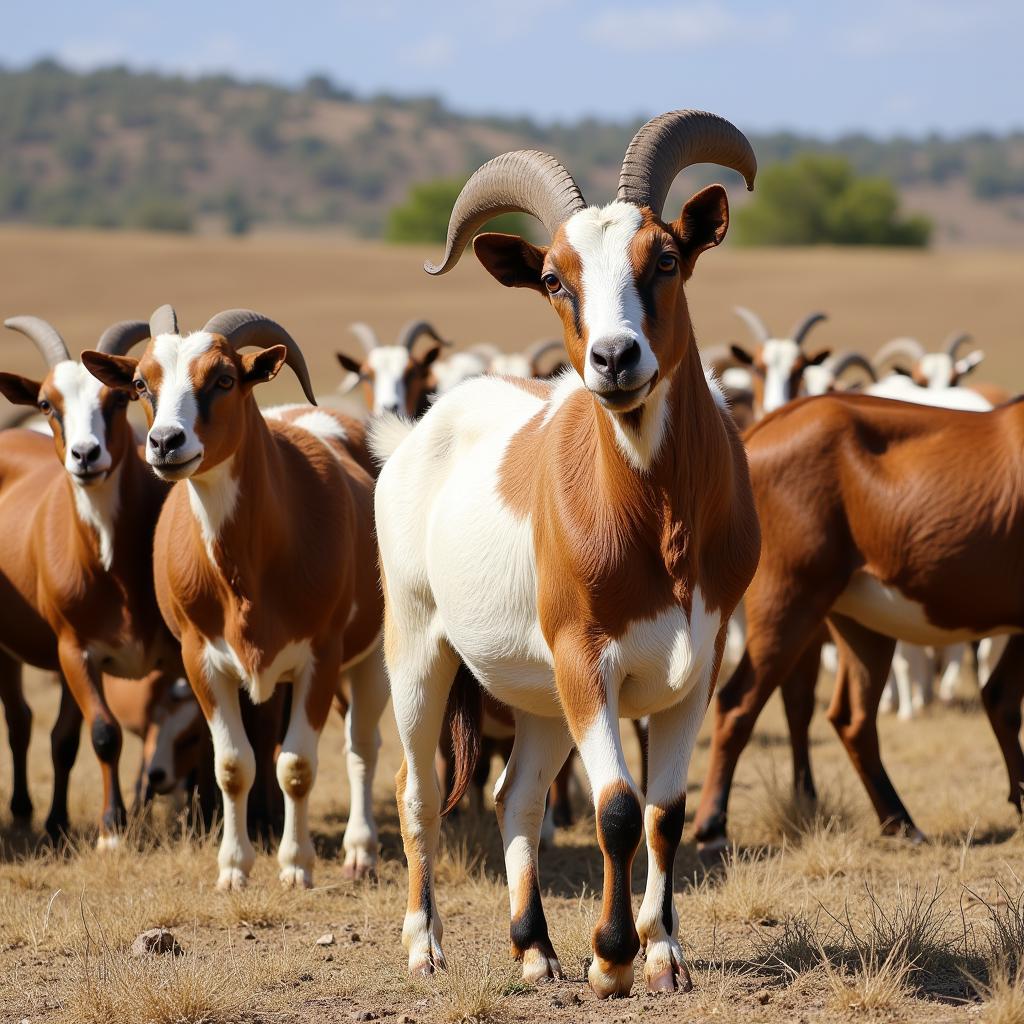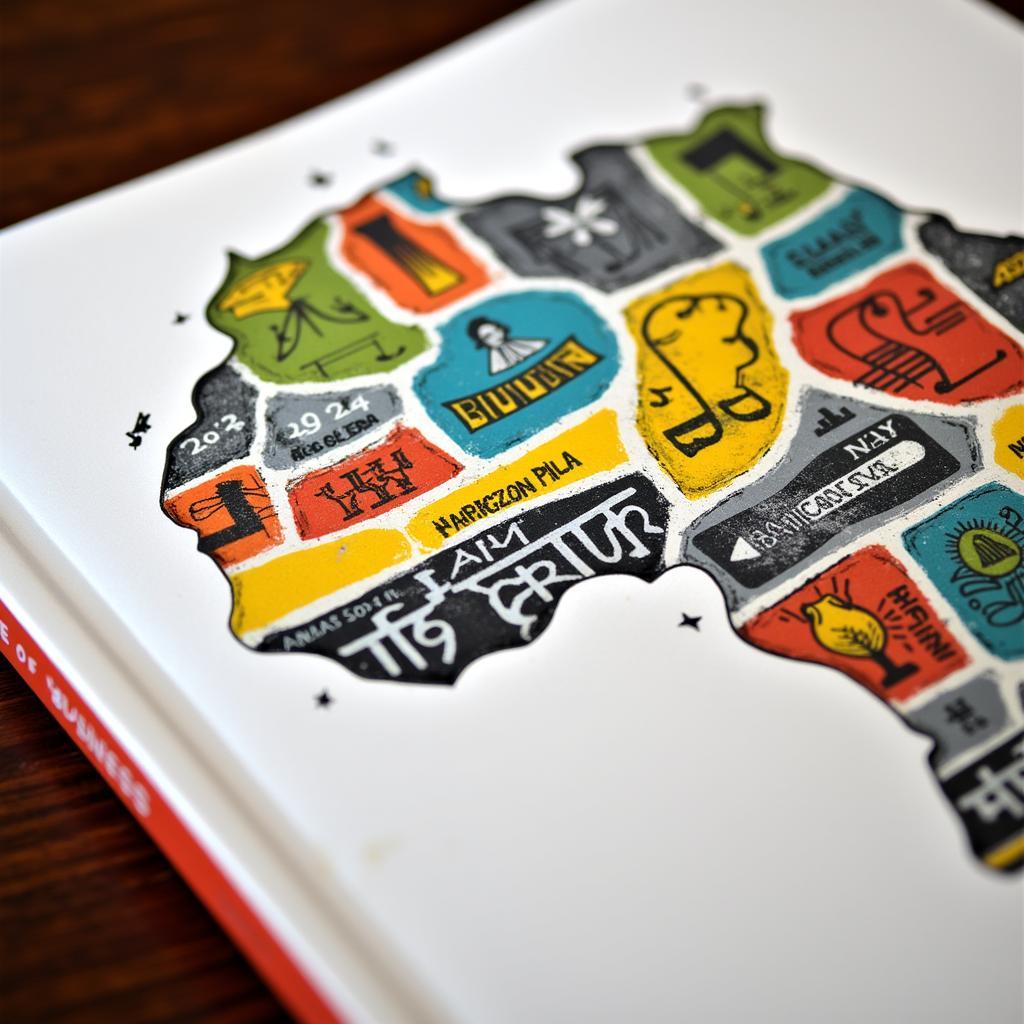African Languages Starting With M: A Journey into Linguistic Diversity
African languages starting with M offer a fascinating glimpse into the continent’s rich linguistic tapestry. From the widely spoken Malagasy of Madagascar to the lesser-known Mbukushu of Namibia and Botswana, these languages represent a wealth of cultural and historical knowledge. This article explores several prominent African languages starting with M, highlighting their unique features and significance.
Discovering African Languages Beginning with M
Africa boasts an estimated 2,000 languages, representing approximately one-third of the world’s languages. Many of these languages begin with the letter M, reflecting the diversity and complexity of the continent’s linguistic landscape. Learning about these languages unveils not only their grammatical structures and vocabularies, but also the rich oral traditions, histories, and cultural expressions they embody.
One of the most prominent African languages starting with M is Malagasy, the national language of Madagascar. Unlike most other languages on the continent which belong to the Niger-Congo, Afro-Asiatic, or Nilo-Saharan language families, Malagasy is an Austronesian language, more closely related to languages spoken in Southeast Asia and the Pacific. This linguistic connection reflects the fascinating history of migration and cultural exchange across the Indian Ocean.
Exploring the Melodies of Makua and More
Moving to mainland Africa, we encounter a diverse range of languages beginning with M. Makua, spoken primarily in Mozambique, is a Bantu language with a complex system of noun classes and verb conjugations. It serves as a vital means of communication for millions of people, playing a crucial role in preserving their cultural heritage.
 Makua Language Speakers in Mozambique
Makua Language Speakers in Mozambique
Other noteworthy African languages starting with M include Mbundu, spoken in Angola; Moru, spoken in South Sudan; and Maasai, spoken in Kenya and Tanzania. Each language offers a unique window into the specific cultural nuances and traditions of its speakers. For example, Maasai is renowned for its rich oral literature, including proverbs, riddles, and folktales passed down through generations.
What are some common features of African languages starting with M?
While each language possesses its own unique characteristics, some shared features emerge. Many African languages starting with M, especially those within the Bantu family, utilize a system of noun classes, which influence the agreement of other words in the sentence. Tonal variations also play a significant role in conveying meaning in many of these languages.
How can I learn more about a specific African language starting with M?
Resources for learning these languages are becoming increasingly available, from online dictionaries and language learning apps to academic programs and cultural centers. Engaging with native speakers is also an invaluable way to immerse oneself in the language and its associated culture.
10 facts about african music provide insight into the musical expressions connected to these languages.
Preserving Linguistic Diversity in Africa
The preservation of African languages is crucial for maintaining cultural heritage and promoting linguistic diversity globally. Many of these languages, particularly those spoken by smaller communities, face the threat of endangerment. Efforts to document, revitalize, and promote these languages are essential for ensuring their survival for future generations.
“Documenting and preserving these languages is not just about linguistics,” says Dr. Abena Kwafo, a renowned linguist specializing in African languages, “it’s about preserving the cultural knowledge, history, and identity embedded within them.”
Another expert, Professor Mothusi Selepeng, a leading scholar of African oral traditions, adds, “These languages are living archives of knowledge, passed down through generations. They hold invaluable insights into the worldviews, beliefs, and values of their speakers.”
african facial expressions can also help one understand the nuances of communication within these linguistic groups.
In conclusion, African languages starting with M offer a rich and diverse linguistic landscape, reflecting the continent’s complex history and cultural heritage. Learning about these languages is a journey of discovery, unlocking a deeper understanding of the people, traditions, and stories they represent. Supporting initiatives that promote language preservation is crucial for ensuring that these linguistic treasures continue to thrive.
african countries beginning with m focuses on the geographical distribution of these languages. Exploring these countries can further enrich your understanding of the diverse cultures connected to these languages.
FAQ
-
How many African languages start with the letter M? There isn’t a definitive count, but there are numerous African languages beginning with M.
-
Are all African languages starting with M related? No, they belong to different language families. For instance, Malagasy is Austronesian, while many others are Bantu or Nilo-Saharan.
-
What is the most widely spoken African Language Starting With M? Malagasy is likely the most widely spoken, being the national language of Madagascar.
-
Where can I find resources for learning African languages starting with M? Online dictionaries, language learning apps, university programs, and cultural centers can provide resources.
-
Why is it important to preserve African languages? Preserving these languages safeguards cultural heritage, promotes linguistic diversity, and protects valuable knowledge systems.
african coin name offers further insights into the cultural and economic aspects of different African regions. You might find connections between the names of currencies and the languages spoken in those areas.
Perhaps you are also interested in african country 6 letters to explore more about the countries where these fascinating languages originate.
For further assistance, please contact us at Phone Number: +255768904061, Email: [email protected], or visit us at Mbarali DC Mawindi, Kangaga, Tanzania. We have a 24/7 customer service team ready to assist you.


